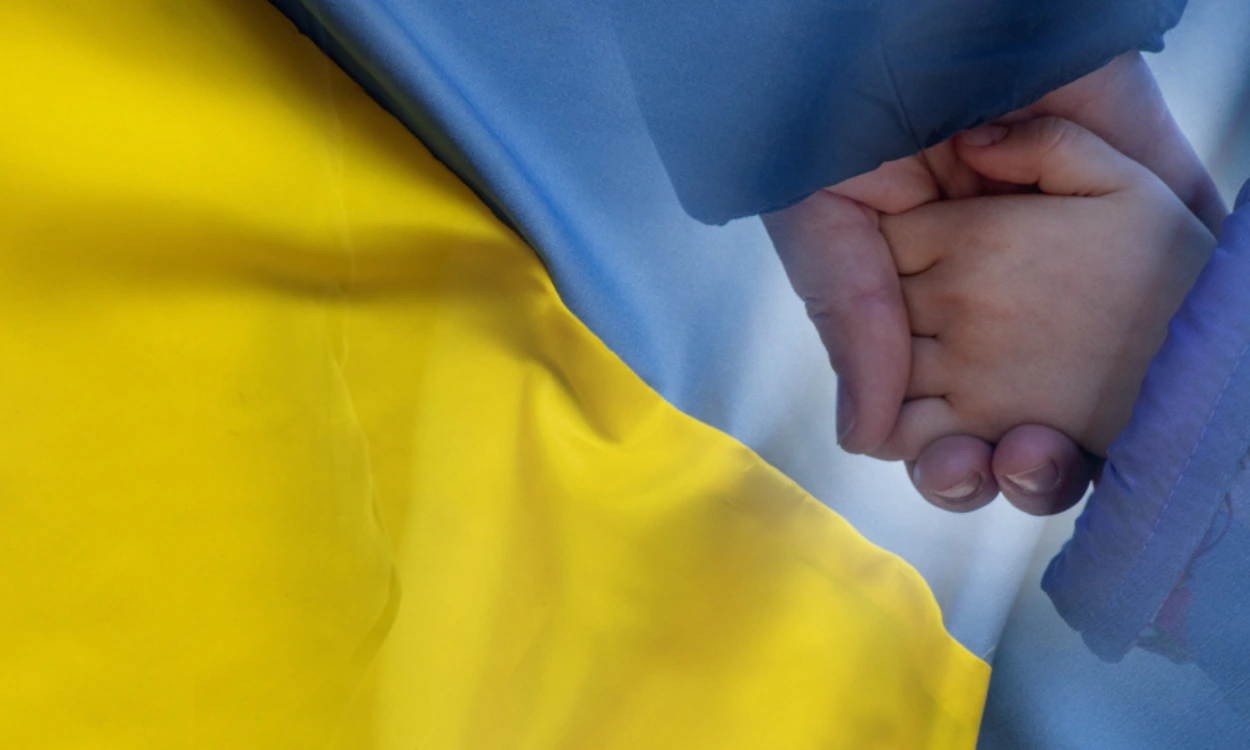Ukraine (Transatlantic Today) —As of 30 September 2023, nearly 4.2 million non-EU citizens who fled Ukraine due to the Russian invasion of 24 February 2022 were granted temporary protection in EU countries. The European Union, responding to the mass displacement, implemented temporary protection measures to offer refuge to those affected by Russia’s aggression.
The largest host countries for Ukrainian refugees under temporary protection were Germany, Poland, and Czechia. Germany hosted 1,194,900 individuals, accounting for 28.3% of the total, followed by Poland with 958,655 beneficiaries (23.1%), and Czechia with 357,960 (8.8%).
Compared to August 2023, the number of temporary protection beneficiaries in the EU saw a slight increase of 31,920 (+0.8%). Germany led the increase with an additional 19,205 beneficiaries (+1.6%), while the Netherlands and Ireland also experienced notable gains. The Netherlands saw an increase of 3,685 (+2.8%), and Ireland gained 2,875 (+3.2%).
In contrast, five countries reported a decrease in the number of individuals under temporary protection. Czechia saw the largest decline (-7,125; -2%), followed by France (-2,155; -3.2%), Poland (-1,895; -0.2%), Slovenia (-405; -4.6%), and Luxembourg (-10; -0.2%).
These statistics are in line with the EU’s implementation of the Council’s Decision 2022/382, which declared a mass influx of displaced persons from Ukraine and activated the temporary protection mechanism. On 28 September 2023, the European Council extended temporary protection until 4 March 2025 for those fleeing the conflict.
At the end of September 2023, the distribution of temporary protection across EU countries revealed some disparities. Czechia (33.1), Estonia (26.2), Poland (26.1), Bulgaria (25.8), and Lithuania (25.5) recorded the highest numbers of beneficiaries per thousand residents, well above the EU-wide average of 9.3.
Ukrainian nationals made up over 98% of those granted temporary protection, with women comprising nearly half of the beneficiaries (46.5%). Children represented about one-third (33.7%), while adult men accounted for just under 20% (19.9%).
The data underscores the continued need for EU support for displaced Ukrainians and highlights the evolving trends in refugee distributions across member states.


























